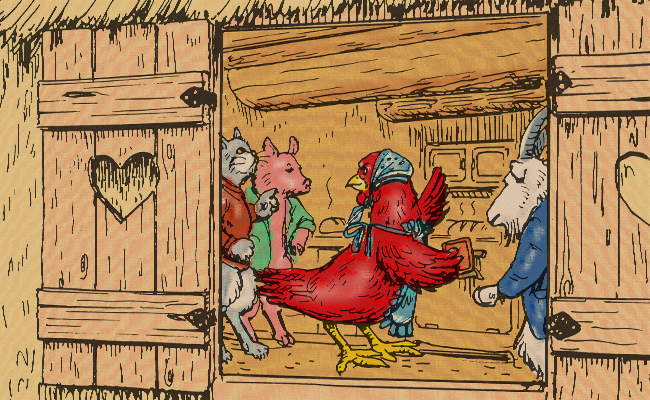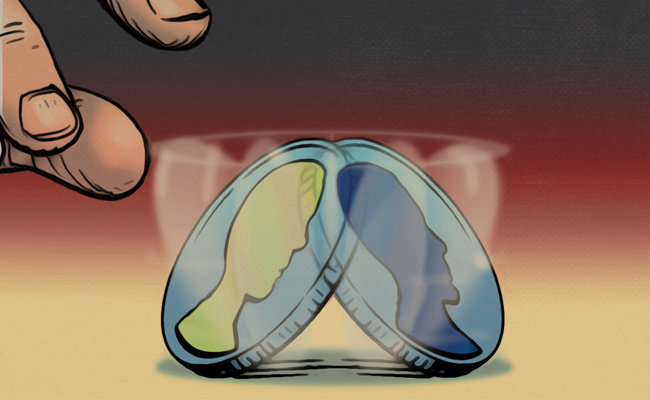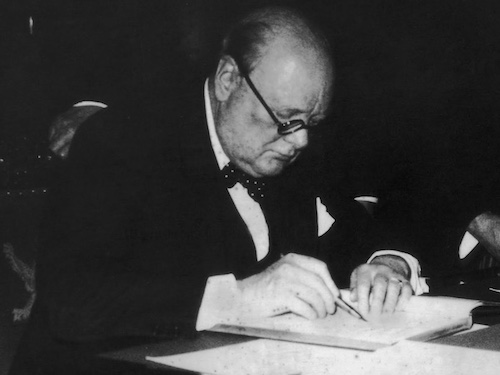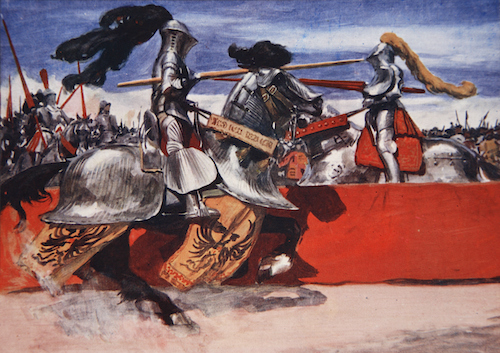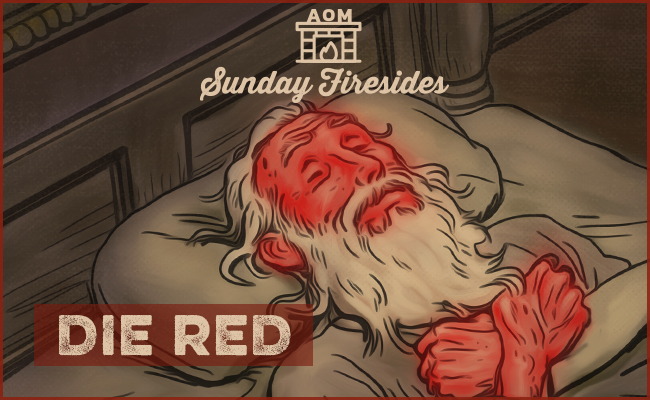
Emerson said that the average man is “born red, and dies gray.”
By this, he meant that when a baby arrives in the world, and inhales his first lungfuls of earthly air, the child turns ruddy in hue, flushed with the vigor and vitality of new life.
Thereafter, however, at least once the bloom of youth has expired, this scarlet sap slowly drains away.
Big questions — Who am I? Where am I going? What is truth? — give way to little ones: Have I paid that bill? Would I look smart in that sweater? Should I try a new toothpaste?
Happening-now’s are replaced with remember-when’s; the creation of new stories devolves into the retelling of old; the sustenance of spirit switches from running on the anticipation of what’s-to-come, to feeding off the memories of what’s-already-been.
Horizons shrink. Wide-ranging possibilities become circumscribed definities.
Most lamentably, by Emerson’s lights, self-trust — “the essence of heroism” — is lost. As the life force seeps away, so does the attempt to have “an original relation to the universe.” Out flows the surging tide of fresh, frank, idiosyncratic thoughts; in flows the brackish water of corporate-colored values, media-induced desires, and advertisement-driven ambitions; until, in the final, most pallid, and seemingly inevitable stage of the life cycle, a man’s own opinions are entirely supplanted by those of a cable news channel.
As common as this trajectory may be, it’s fortunately not an inevitability. There are yet those who continue knocking and asking, exploring and searching — who resist inertia to live each day, year, and decade with full energy of soul.
In defiance of the metaphorical hardening of the heart’s arteries, in the face of the commonplace cessation of circulation, these few, these happy, stubborn, nonconforming few, do the almost unimaginable: are born red, and . . . die red.


